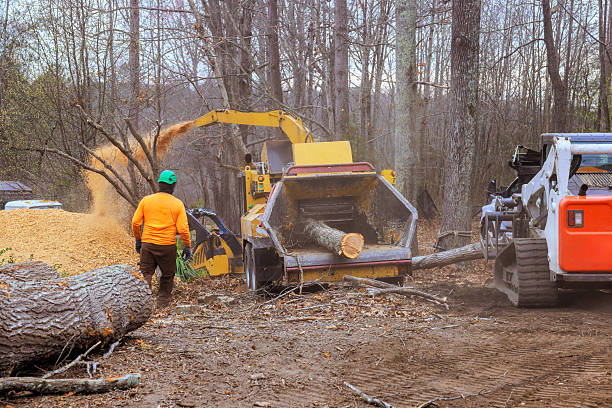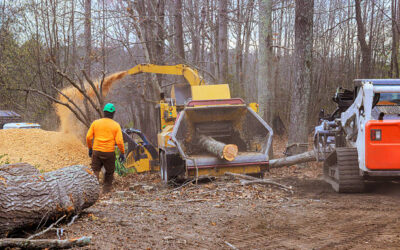For farmers, contractors, and landowners, tractors are essential tools—but they come with a high price tag. Purchasing brand-new equipment often requires a significant financial investment, which is why many buyers are turning to repossessed tractors as a cost-effective alternative. These tractors, taken back by banks or lenders when owners default on payments, are typically resold at auction or through dealerships at prices well below market value. For those who know how to navigate the process, repossessed tractor opportunities can mean big savings.
Why Consider Repossessed Tractors?
Repossessed tractors offer a smart option for buyers who want quality equipment without breaking the bank. Here are some advantages:
- Lower Prices: Repossessed tractors are often sold quickly at discounted rates to recover the lender’s losses.
- Wide Selection: Models from top brands like John Deere, Kubota, Case IH, and New Holland frequently appear in repossession sales.
- Potential for High Value: With proper inspection, buyers can find well-maintained tractors at a fraction of the original cost.
- Financing Options: Some auctions and dealers offer financing for repossessed equipment, making the purchase even more accessible.
Where to Find Repossessed Tractor Opportunities
Bank and Lender Auctions
When owners default on payments, banks and lenders repossess tractors and often sell them at auction. These sales are designed for quick turnover, meaning buyers can secure a deal below retail price.
Government Auctions
Federal and state agencies sometimes sell repossessed or surplus farm equipment. These auctions are open to the public and can be a valuable source of affordable tractors.
Online Auction Sites
Websites specializing in farm equipment frequently list repossessed tractors. Platforms like Ritchie Bros., IronPlanet, or AuctionTime make it possible to browse and bid from anywhere.
Local Dealerships
Some dealerships acquire repossessed tractors directly from lenders and resell them at reduced prices. Buying from a dealer may also provide additional warranties or service options.
Tips for Buying a Repossessed Tractor
- Inspect Before You Buy: Some repossessed tractors may not have been well maintained. Always check the engine, hydraulics, tires, and service history.
- Set a Budget: Auctions can be competitive—decide in advance how much you’re willing to spend.
- Research Market Value: Know the average price of the tractor model you’re interested in so you can spot a real deal.
- Consider Transport Costs: Factor in the cost of moving the tractor from the auction site to your farm or property.
- Check Financing Options: Some lenders and auction houses provide financing for repossessed equipment, which can ease the purchase process.
Risks to Keep in Mind
While repossessed tractors can offer huge savings, there are some risks:
- Unknown Maintenance History: Some tractors may have been neglected or overused.
- As-Is Sales: Most repossessed tractors are sold without guarantees or warranties.
- High Competition: Popular models may attract many bidders, driving prices up.
Mitigating these risks through careful research and inspections will help ensure a smart investment.
Conclusion
Repossessed tractor opportunities provide an excellent way for farmers and landowners to acquire essential equipment at significantly reduced prices. By exploring bank auctions, government sales, online platforms, and local dealerships, buyers can find affordable tractors that meet their needs. With proper research, budgeting, and inspection, purchasing a repossessed tractor can be a cost-effective solution that supports productivity and long-term farm success.








